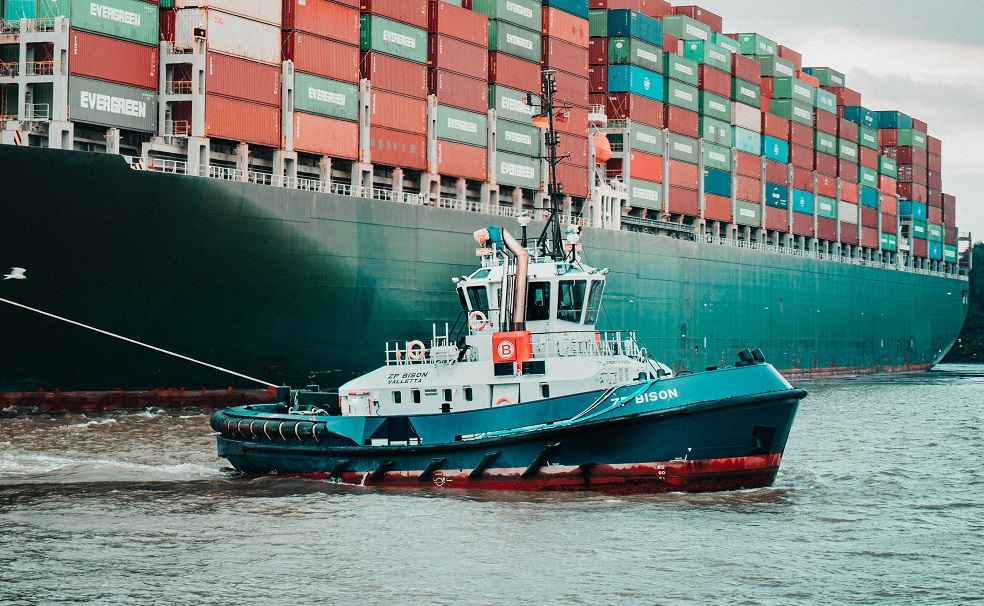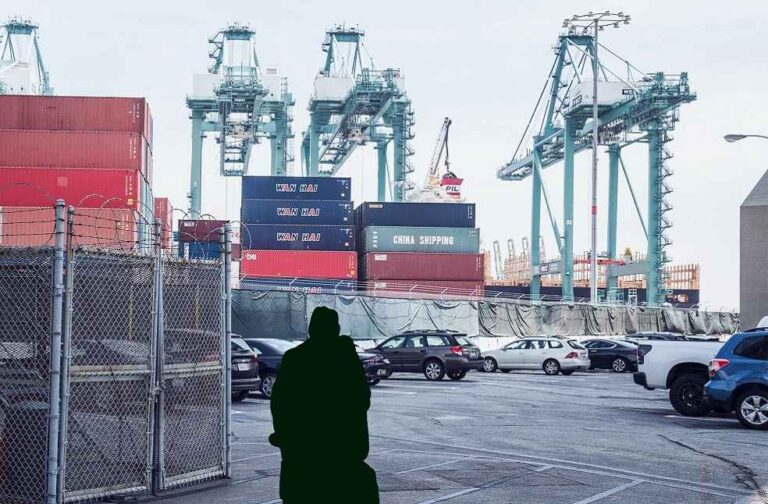In an era marked by formidable challenges, the automotive industry is witnessing a remarkable resilience among tier one suppliers who have managed to meet customer demands efficiently, thereby ensuring sustained growth in the sector. Despite encountering issues like supply chain disruptions, semiconductor crises, and volatile raw material prices, these suppliers are leveraging innovation and risk management to not only survive but also thrive in this dynamic environment.
A critical factor for success in the current market scenario is the empowering of lower-tier suppliers who form the backbone of the supply chain ecosystem. Recognizing the inherent risks and the necessity for compliance with sustainability norms, the industry is progressively focusing on sub-tier visibility. Digitalization is at the forefront of this transformation, promising valuable insights into the intricate structure of automotive networks and the status of value chain participants.

The future of the automotive industry appears to be moving towards a more circular model where the finished vehicle sits at the center of all value chain participants. This shift could potentially enhance collaboration, efficiency, and sustainability across the industry.
Furthermore, to ensure superior product quality, tier one suppliers are investing heavily in supplier quality and development teams. These teams are responsible for conducting audits, identifying critical issues, and devising strategies to address weaknesses within their supplier networks. Training initiatives have become a crucial tool for enhancing skills and understanding customer needs, leading to improved product quality and effective management of market demands.
In light of the climate crisis, the automotive industry has recognized the supply chain as an effective starting point for sustainable business practices. Many suppliers are now defining sustainability targets, conducting annual surveys to assess their sub-tier suppliers’ practices, and implementing waste reduction and recycling initiatives. Such measures have started contributing to a more sustainable supply chain, minimizing environmental impact, and promoting resource efficiency.

Amid global uncertainties and crises such as the post-COVID-19 recovery and the Russia-Ukraine conflict, the industry has understood the importance of an effective risk management framework. Strategies such as identifying alternative raw material sources, maintaining secondary supplier relationships, and re-evaluating lean inventory management practices are proving crucial in mitigating vulnerabilities and ensuring smooth operations.
The automotive industry’s success is hinging on the proactive efforts of tier one suppliers who are driving innovation, sustainability, and quality control throughout the supply chain. By leveraging technology, strengthening supplier relationships, implementing robust risk management frameworks, and prioritizing sustainability practices, these suppliers are navigating crises, fostering resilience, and contributing to the long-term success of the automotive industry. As a result, tier one suppliers are well-positioned to shape a thriving and sustainable automotive ecosystem for the future.





